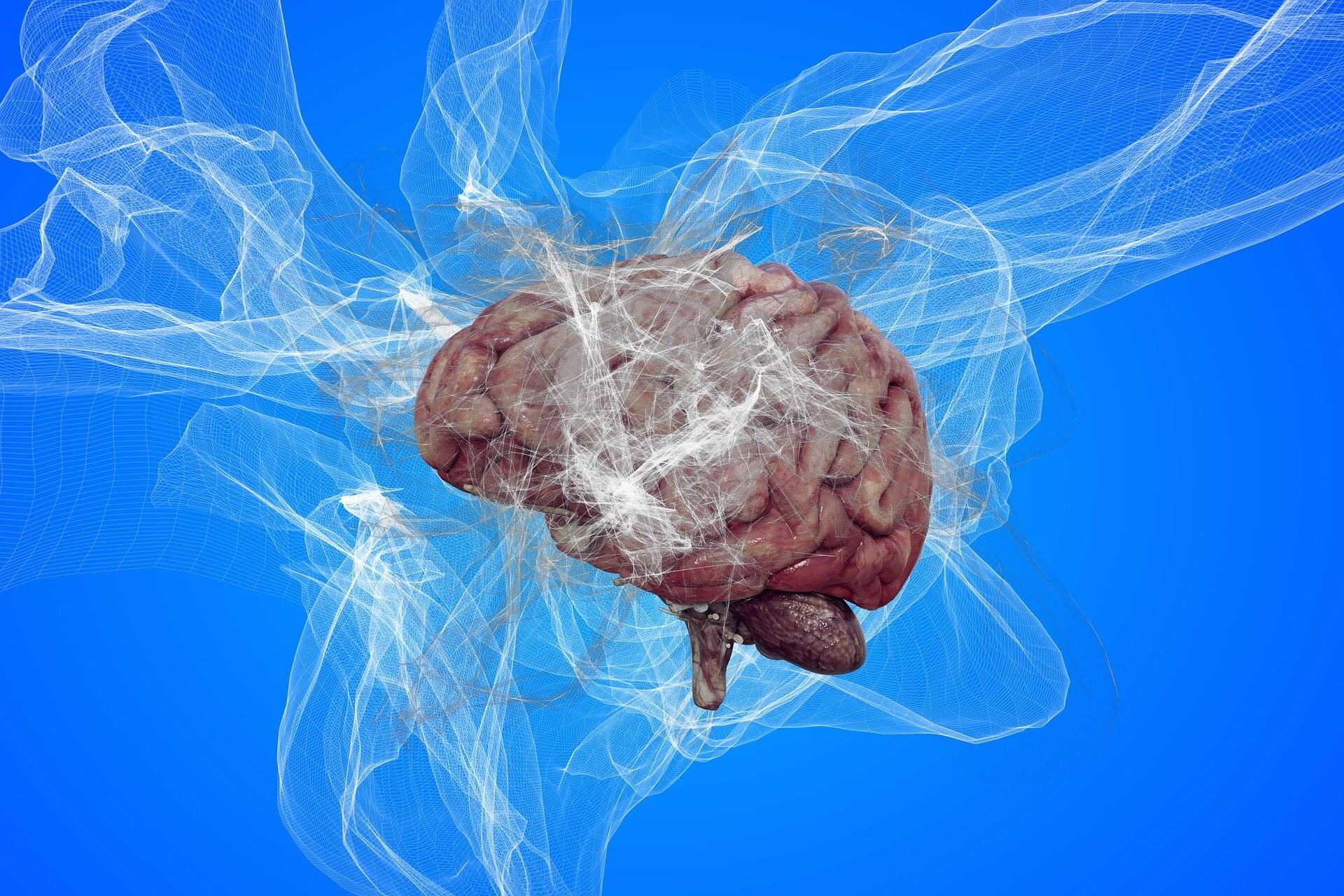The prevalence of Alzheimer’s disease (AD) is approximately two times higher in African Americans (AA) compared to white/European-ancestry (EA) individuals living in the U.S. Some of this is due to social determinants of health such as disparities in health care access and quality of education, biases in testing and higher rates of AD risk factors such as cardiovascular disease and diabetes in those who identify as African American.
Although many studies have examined differences in gene expression (a measure of the amount of protein encoded by a gene) in brain tissue from AD cases and controls in EA or mixed ancestry cohorts, the number of AA individuals in these studies was unspecified or too small to identify significant findings within this group alone.
In the largest AD study conducted in brain tissue from AA donors, researchers from Boston University Chobanian & Avedisian School of Medicine have identified many genes, a large portion of which had not previously been implicated in AD by other genetic studies, to be significantly more or less active in tissue from AD cases compared to controls. The most notable finding was a 1.5 fold higher level of expression of the ADAMTS2 gene in brain tissue from those with autopsy-confirmed AD.
